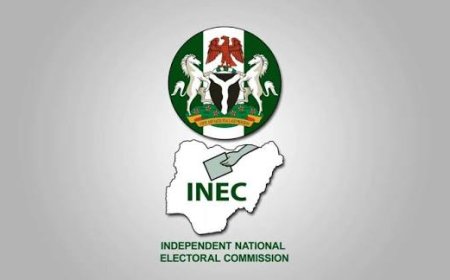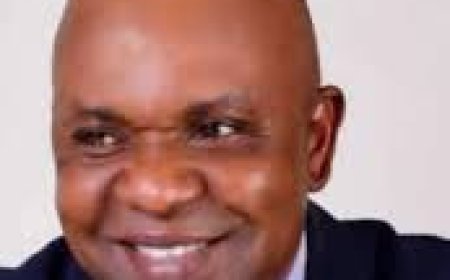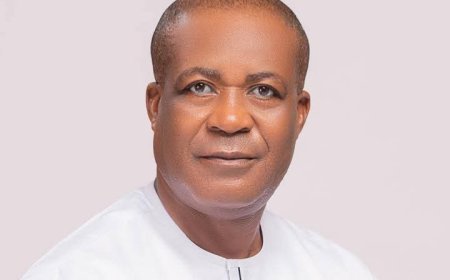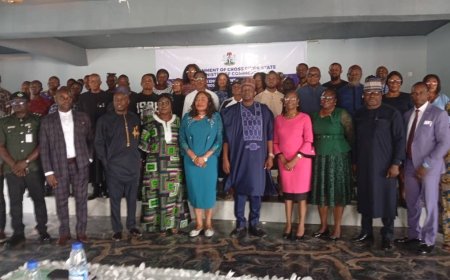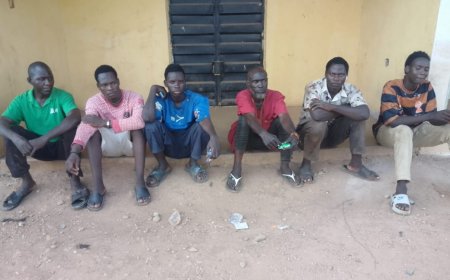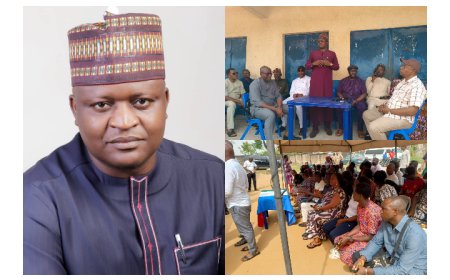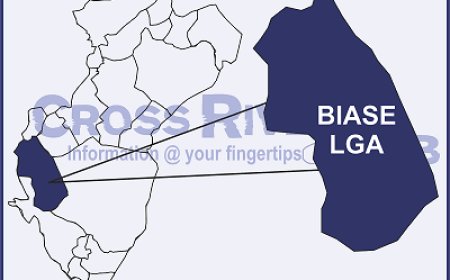Cross River Targets Better Healthcare with Updated Essential Medicines List After 20 Years
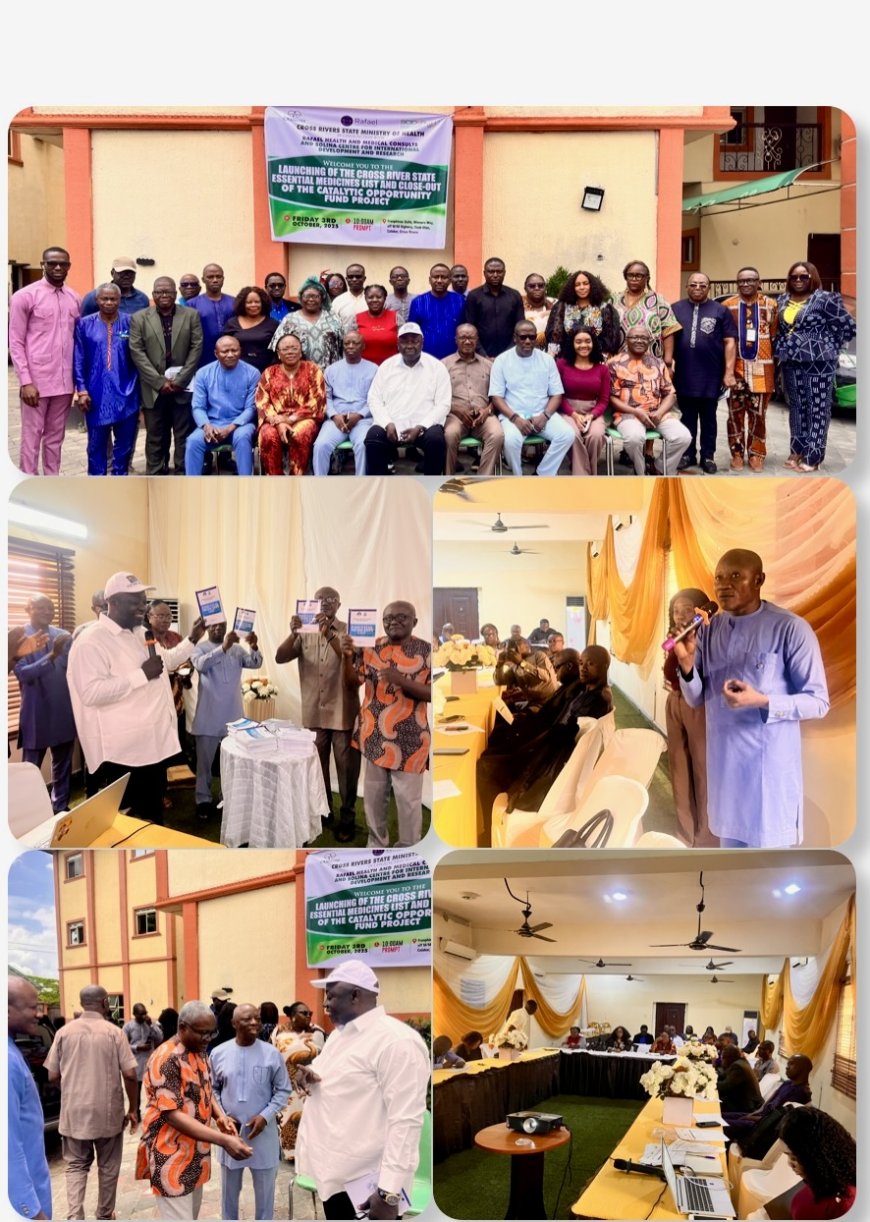
By Ebi COLLINS
Cross River State has unveiled a revised Essential Medicines List (EML) for the first time in 20 years, marking a major feat in its commitment to improving access to safe, affordable, and effective medicines across the state’s health facilities.
Speaking at the official launch held recently in Calabar, the Commissioner for Health, Dr. Henry Egbe Ayuk, described the new EML as a “key instrument” in the state’s effort to strengthen its healthcare system and operationalize the Drug and Health Commodities Management Agency (DMA).
“This event is so key to the administration of our dear governor,” Dr. Ayuk said. “The essential medicines list will serve as a critical tool for evaluating the performance of our Drug Management Agency and ensuring that only standard, identifiable, and effective medicines are in use in the state.”
He noted that the document would also support the forthcoming Anti-Quackery Law, designed to curb the proliferation of fake and substandard drugs and medical practice across the state.
“This booklet is scoring us two goals at the same time: promoting quality control in drug management and ensuring our agencies and laws function effectively,” he added.
The Special Adviser to the Governor on Health, Dr. Ekpo Ekpo Bassey, highlighted the global relevance of the initiative, explaining that the World Health Organization (WHO) recommends every government to maintain an updated list of essential medicines to guide rational prescribing and achieve Universal Health Coverage (UHC).
“Every state must have an essential medicines list to guide prescriptions in a way that ensures drug efficacy, affordability, and safety,” Dr. Bassey said. “When properly implemented, it will reduce morbidity and mortality rates across the population.”
He highlighted that the updated list addresses gaps in maternal health, particularly in managing postpartum hemorrhage (PPH), one of the leading causes of maternal deaths, by introducing effective alternatives to counterfeit or poor-quality oxytocin previously used in facilities.
In an expository statement, Chairman of the State Essential Medicines Review Committee, Pharm. (Dr.) Eyo Nsa, explained that the essential medicines list was developed through extensive stakeholder consultations to align with national and global standards.
“Essential medicines are those that satisfy the priority healthcare needs of most of the population,” Dr. Nsa said. “They are selected with due regard to public health relevance, evidence on efficacy and safety, and comparative cost-effectiveness.”
He noted that the new document represents the second edition of the Cross River State Essential Medicines List (CRSEML), the first having been released in 2005, and that it aligns with the 8th edition of the National EML (2024).
“The number of medical products and vaccines has increased, reflecting inclusiveness in public health programs, emerging diseases, rheumatology, and oncology,” he explained. “However, restrictions in the complementary sections remain to ensure appropriate use at each level of care. The list is dynamic and will accommodate pressing changes without requiring a full revision.”
Dr. Nsa advised healthcare providers across all levels to adhere strictly to the medicines listed to promote rational use, safety, and cost-effectiveness in healthcare delivery.
The immediate past Permanent Secretary of the State Primary Health Care Development Agency, Barr. Lucy Enakirerhi, described the unveiling as the result of nearly two years of sustained collaboration between the state government and its partners.
“Maternal mortality remains a global concern,” she said. “Through this project, supported by His Excellency, Senator (Prince) Bassey Otu, who provided counterpart funding, we are ensuring that women no longer die from preventable causes like postpartum hemorrhage.”
Pharm. Sunday Johnson Ekong, Director of Pharmacy Services in the Ministry of Health, expressed satisfaction that the state finally has an updated, unified list to guide healthcare providers.
“For 20 years, the state had no official essential medicines list,” he noted. “This document will guide both public and private health facilities, standardize procurement and prescription practices, and help the state attract further health sector support.”
Representing the Catalytic Opportunity Fund (COF) team, Erhena Ojefia described the revised EML as “a key tool to strengthen access and quality of essential medications in the state.”
“The COF project was made possible through strong government leadership and collaboration with the Solina Centre for International Development and Research (SCIDaR) and Rafael Consults,” she said. “Together, we are building a sustainable framework to improve health outcomes for women and families in Cross River State.”
Also speaking, on behalf of the Private Medical Practitioners of Nigeria, Cross River State Chapter, Dr. Joseph Bassey, commended the government for involving the private sector and pledged continued collaboration.
“The private sector provides about 70% of healthcare services in the state, especially in rural areas,” he said. “Having a state-specific essential medicines list means we can now deliver better care with confidence in the quality of medicines available.”


